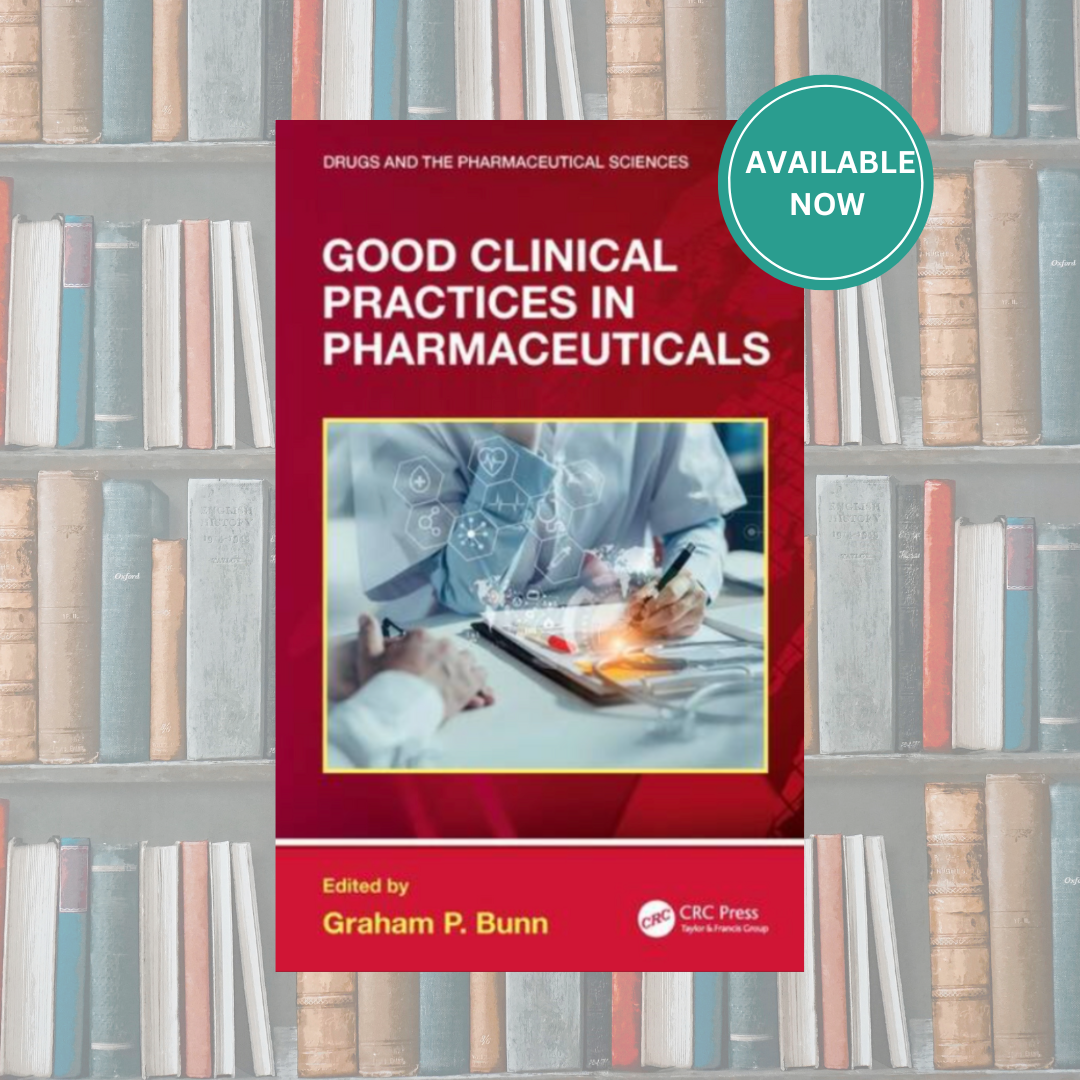11/23/2021
-
What does ‘T’ stand for?
Everyone talks about learning from when things go wrong. People say it's the best way to learn, but it's not always easy. The DIGR-ACT® solution gives you a way. By taking you through the issue to the root cause, actions and then making sure the actions work, you have learned from the issue. Maybe your learning can be transferred to others? Perhaps the same problem happens to other people too?




